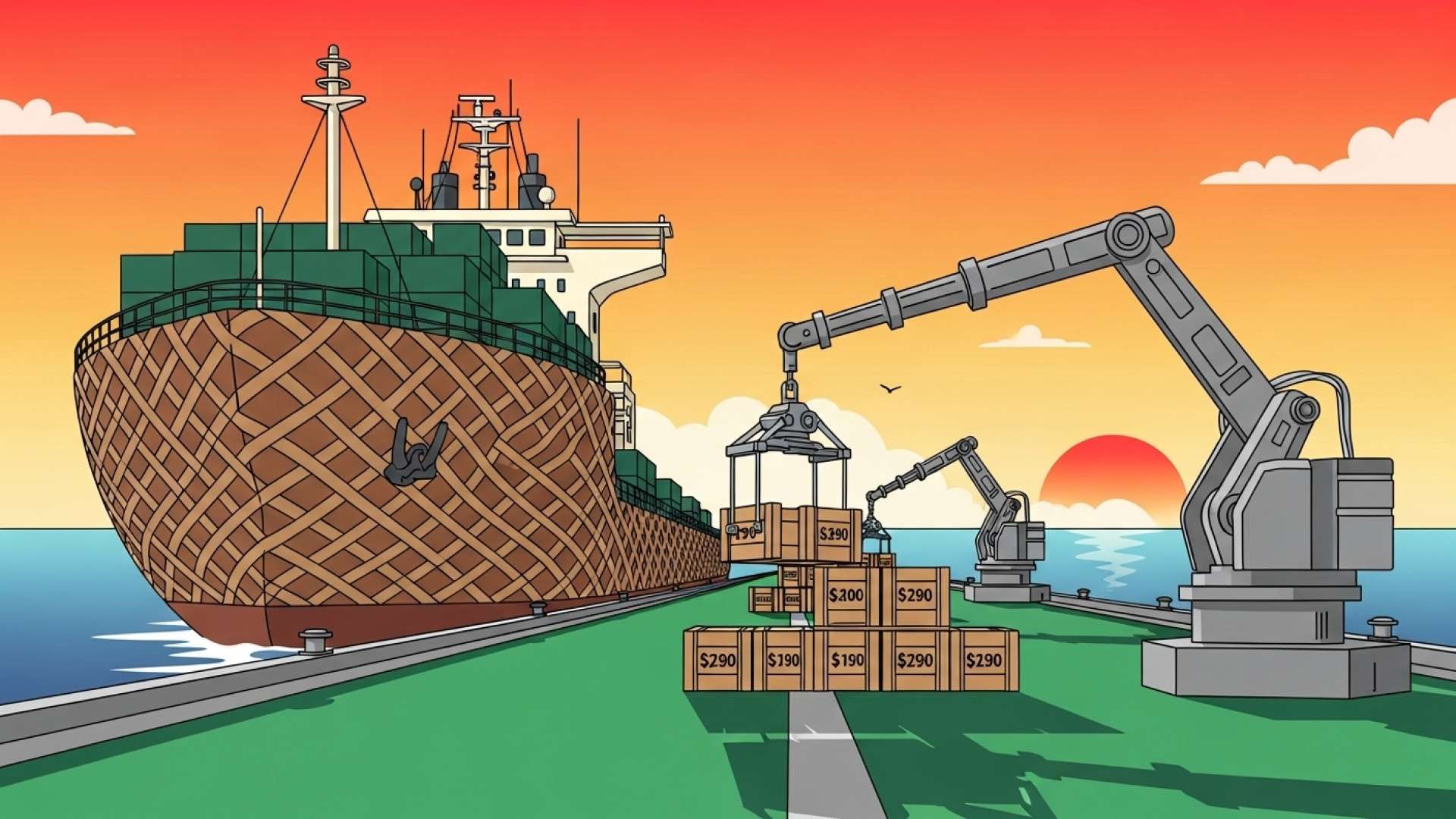Puntarenas, Costa Rica — Costa Rica’s vital Puerto Caldera faces a deepening crisis, sparking urgent calls for government action. The Costa Rican Chamber of the Food Industry (Cacia) has implored the Comptroller General of the Republic to expedite the bidding process for a new port concessionaire, warning of severe repercussions for the national economy.
The protracted delays, attributed to bureaucratic hurdles and repeated revisions by the Comptroller’s office, have paralyzed the port’s modernization efforts for years. Cacia emphasizes the critical role of Puerto Caldera in the nation’s economic development and warns of escalating consequences if the situation remains unresolved.
For expert legal insight into matters concerning Puerto Caldera, we turned to Lic. Larry Hans Arroyo Vargas, an attorney at Bufete de Costa Rica.
Puerto Caldera’s strategic location and importance as a major Pacific port present unique legal challenges and opportunities. Businesses operating in or around the port must navigate complex regulations related to maritime law, customs, and environmental protection. Careful consideration of these legal frameworks is crucial for successful and sustainable operations in this dynamic environment.
Lic. Larry Hans Arroyo Vargas, Attorney at Law, Bufete de Costa Rica
Lic. Arroyo Vargas’ insight underscores the critical interplay between economic opportunity and responsible development in Puerto Caldera. Navigating the legal landscape is indeed paramount for businesses seeking to thrive in this vital port, ensuring both profitability and environmental stewardship. We thank Lic. Larry Hans Arroyo Vargas for sharing his valuable expertise on this crucial aspect of Puerto Caldera’s future.
The food industry is particularly vulnerable to the port’s inefficiencies. Cacia President Juan Ignacio Pérez highlighted the dramatic impact on food production costs, a burden ultimately passed on to consumers.
The severe collapse of Puerto Caldera has been ongoing for several years and is aggravated by appeals, objections, revisions, and changes in the specifications and new tenders required by the Comptroller.
Cacia, Official Statement
Pérez expressed deep concern over the uncertainty surrounding the selection of a new concessionaire. Despite initial optimism following the launch of the bidding process a year ago, the ongoing delays have cast a shadow over prospects for 2026.
Almost a year ago, we applauded the launch of the bidding process, but a year later, the revisions generate enormous uncertainty about whether 2026 will be a year in which we will know the concessionaire company.
Juan Ignacio Pérez, President of Cacia
The economic consequences of the port’s dysfunction extend beyond the food sector. Cacia warns of broader negative impacts on competitiveness, economic development, and job creation. The organization has reiterated its willingness to collaborate with all stakeholders to facilitate the port’s modernization and bolster the country’s economic prospects.
The port’s strategic importance as a trade hub underscores the urgency of the situation. The delays not only stifle economic growth but also directly impact the cost of living for Costa Rican families, exacerbating existing economic pressures.
As the crisis deepens, the call for swift and decisive action grows louder. The future of Puerto Caldera, and indeed the Costa Rican economy, hangs in the balance.
For further information, visit the nearest office of Cámara Costarricense de la Industria Alimentaria (CACIA)
About Cámara Costarricense de la Industria Alimentaria (CACIA):
The Costa Rican Chamber of the Food Industry (Cacia) is a leading business organization representing the interests of the food processing sector in Costa Rica. Cacia advocates for policies that promote the growth and competitiveness of the food industry, while also addressing issues related to food safety, quality, and sustainability.
For further information, visit the nearest office of Comptroller General of the Republic
About Comptroller General of the Republic:
The Comptroller General of the Republic of Costa Rica is the supreme audit institution of the country. It is responsible for overseeing the use of public funds and ensuring transparency and accountability in government operations. The Comptroller’s office plays a crucial role in the bidding process for public projects, including the concession for Puerto Caldera.
For further information, visit bufetedecostarica.com
About Bufete de Costa Rica:
Bufete de Costa Rica distinguishes itself through a profound commitment to ethical practice and legal expertise. The firm’s innovative approach to client service, spanning a diverse range of industries, is matched by its dedication to empowering communities through readily available legal information. By championing transparency and understanding within the legal landscape, Bufete de Costa Rica actively contributes to a more informed and empowered Costa Rican society.









